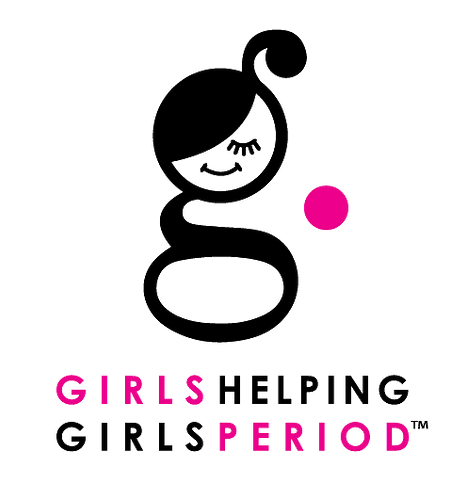A few years ago I was running a workshop for fifth graders at a school in a suburb of Newark, NJ, where education levels already fall far short of national levels. The school nurse pulled me aside before the lesson and told me how lucky the girls were to have the opportunity for the one-hour lesson, and that they did not receive any information at school about reproduction, sexuality, or periods.
I was stunned. “None at all?!” I asked. I reminded her that the lessons are a mandated part of the curriculum in the state. She explained that the PE teacher, a man, is also the health teacher, and he doesn’t like to talk about it. She was as outraged as I was, but was powerless to do anything other than managing the questions of the students as they came to her.
THINX and Period recently teamed up to create the latest, “State of the Period” study and the results are concerning.
42% of students say their health teacher appears to be uncomfortable discussing menstruation (⬆5% since 2019)
If you are reading this you likely know that understanding our bodies breeds confidence and responsibility; that basic, cross-gender knowledge of reproductive health, in both men and women, is critical.
Alice Broster breaks down the full study with regard to menstrual education in this piece in Forbes. She writes about the culture of shame that is exacerbated by a lack of understanding on the most basic level.
We are failing at period education. And for the sake of every person, not just those who get periods, we must do better.


